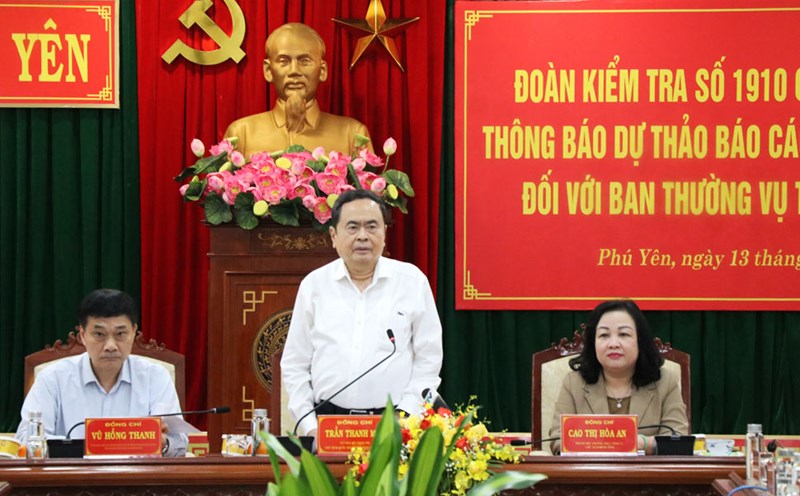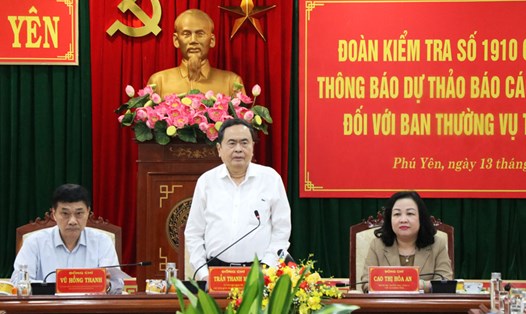On the afternoon of March 19, Principal of Phu Yen University Tran Lang informed that the announcement of the 2025-2026 student exchange program for admission is false information, not a document issued by Phu Yen University.
The fake document refers to the Student Exchange Program between Phu Yen University and Pusan National University (Korea), with the following contents: Training linkage, student exchange, scientific research cooperation. The fake notice also requires students to register to participate in the program and receive scholarships at Pusan National University.

In particular, students who want to register must submit an electronic statement proving their personal finances with a minimum balance of 250 million VND. The document also has the signature of the Principal of Phu Yen University.
According to Mr. Tran Lang, the purpose of this fake document is to require students to provide documents related to finance in order to gradually appropriate assets. The signature in a document is a sophisticated copy of another document.
"Currently, no student of the school has been scammed, but this fake notice makes them confused," said Mr. Tran Lang.
He also affirmed that all official information about Phu Yen University's student exchange programs is only published on the school's website at pyu.edu.vn, the school's official fanpage or through the communication channels of the Department of Science Management and International Cooperation.
Students who want to participate in international exchange programs or linkage activities need to carefully check information from official sources, or contact the school directly for verification and specific instructions.
Recently, grasping the need to study abroad of parents and students, many subjects have created fake websites and posted fake notices to enroll students to study abroad, with the purpose of defrauding and appropriating property. Some universities also continuously issue warnings, advising students to be vigilant against fake information requiring transfers under the name of scholarships, student exchange programs or application approval fees.
The authorities recommend that people absolutely do not transfer money to individuals or bank accounts of unknown origin; do not access strange links or open attachments in suspicious messages, emails and posts on social networks.










